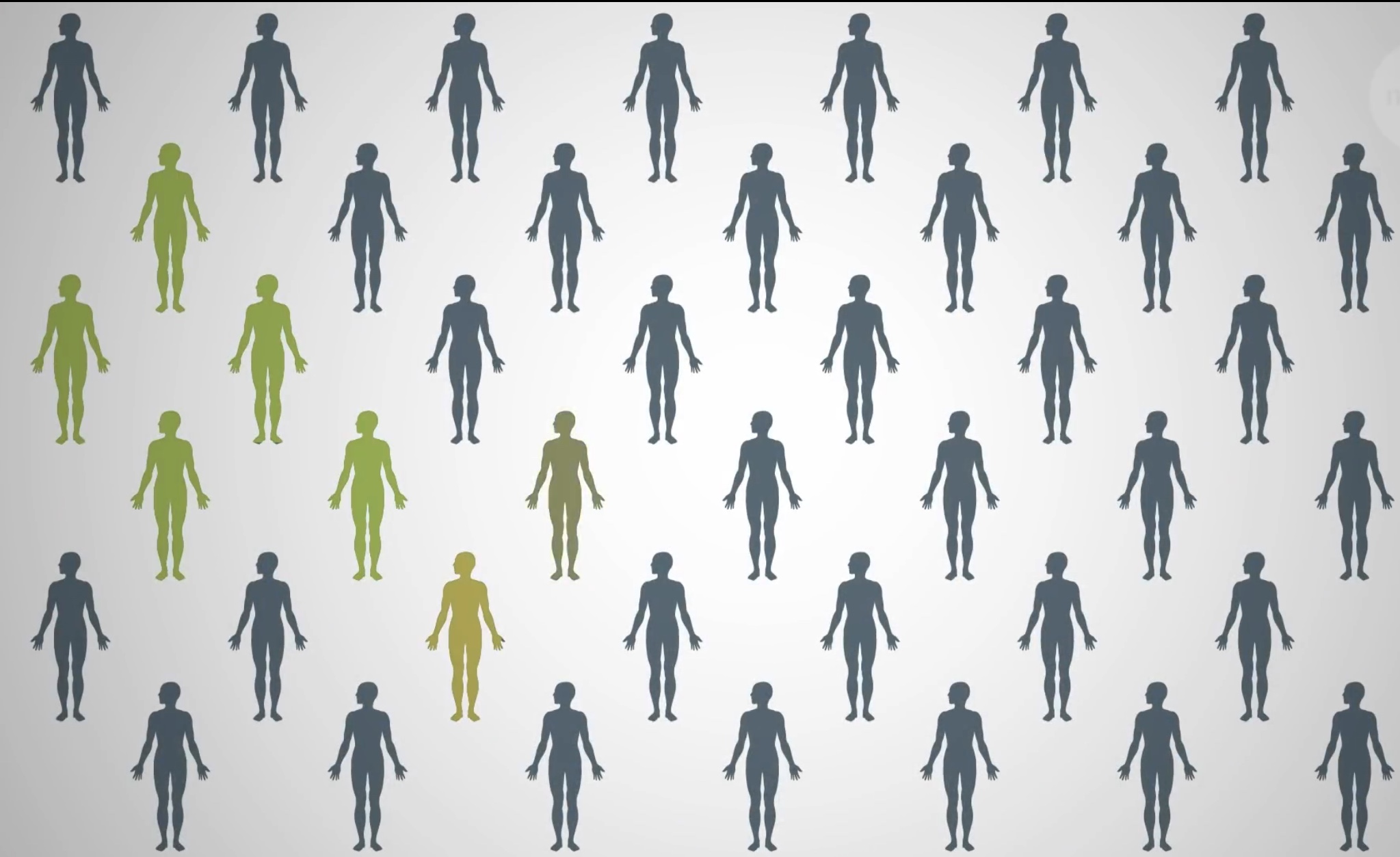Time-tested health comm techniques improve vaccination rates. Learn how.
Getting as many as possible fully vaccinated for COVID-19 is key.
But not everyone is convinced.
Health professionals are taught techniques to help individuals make decisions to improve their well-being. Moreover, it is a matter of public health.
The first consideration is that you are talking with another person. More, it is key to respect their independent opinion and concerns. And also their personal experience is a factor.
The techniques and strategies are often developed and tested in the field of health communications. And one of these programs is at the University of Michigan, in Ann Arbor.
Recently, Joshua Johnson (host of the weekend MSNBC show The Week) spoke with University of Michigan Professor Ken Resniscow about “motivational interviewing.”
In the introduction, the show warns that “scolding people with facts and figures and data” is not a productive approach. In fact, it is off-putting. More, it is important to remember that everyone is unique and independent,. Also, their history with the subject is important.
Instead, Professor Resnicow proposes a technique called “motivational interviewing.” It is a patient-centered communication approach often used in health settings. And it focuses on taking an honest interest in the person’s point of view. With this approach, it is important to listen and reflect on what the other person is saying.
One of the key goals of this approach is to understand risk concerns. And build from there. Health comm techniques can be used to convey important health messages. And lead to key decisions.
To read more, the interview can be found here.
VACCINES ARE KEY
COVID-19 is a vaccine-preventable disease. More, everyone 12 and older in the United States can now get a free vaccine regardless of their immigration or health insurance status.
Moreover, they are safe and effective. Also, while some “breakthrough cases” do occur, vaccines substantially curb the symptoms.
Additionally, here are our key health messages on vaccines:
Vaccines Protect the Person Receiving it
Vaccines help to protect us from the virus. More, you are considered fully vaccinated two weeks after completing your second dose.
Vaccine Protect Others, too
Vaccines also protect others. More, it is important to remember that some cannot receive it, including children. And you lso you can be infected with it but show no symptoms, but still can spread it to others.
Please get the shot and encourage others, too.
Previous Infection will not Protect you
If you previously had the virus, you still would need the shot. And here is why.
First, it is unclear how long immunity lasts. We regularly write about the possibility of reinfection. And that is because there are new strains. More, viruses mutate over time. Thus, the strains common today are different than those from last year.
So even if you had it, you can get it again.
Second, it protects others. Early evidence shows vaccinated individuals are less likely to spread the virus. And remember, not everyone is eligible to receive it.
How to get Vaccinated
There are several options, and the shot is available in many stores and clinics. Here are some methods:
WALK RIGHT IN!
Today, many stores and clinics offer walk-in service. And an appointment is not necessary. Thus, you can walk in. And get the shot.
SCHEDULE BY PHONE
Also call 800-232-0233 to schedule anywhere in the U.S.
SCHEDULE ONLINE
Also visit Vaccine.gov to schedule anywhere in the U.S.
SEND A TEXT MESSAGE
Also text message your zip code to 438829 to schedule anywhere in the U.S.

